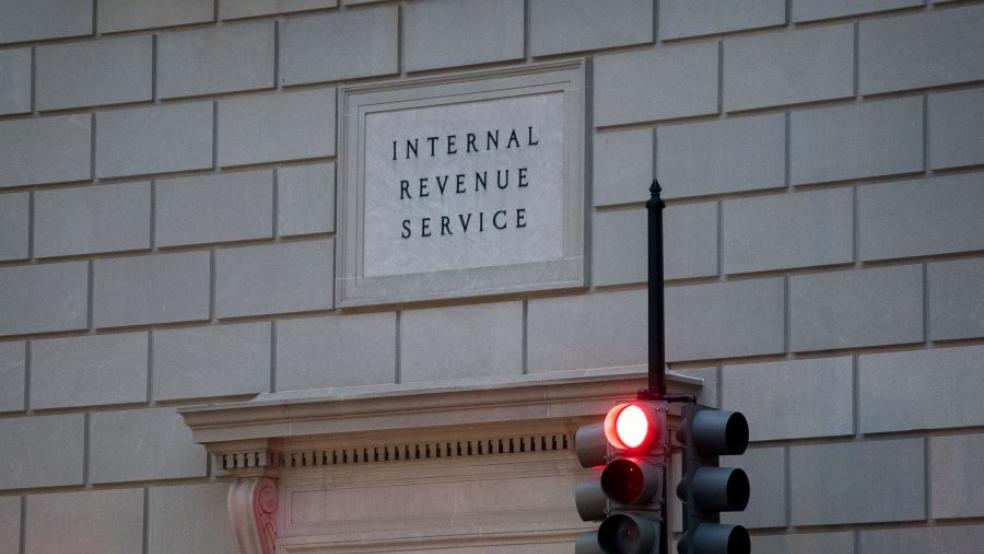The battle over enhanced funding for the IRS took a new twist in December as Republican lawmakers set up another $20 billion cut for the tax agency in the short-term funding deal that prevented a government shutdown.
The Inflation Reduction Act signed into law by President Joe Biden in 2022 provided an extra $80 billion over 10 years for the IRS, with the funds intended to help modernize the agency’s technology, boost customer service and strengthen compliance efforts. But as part of the 2023 budget agreement, Congress bowed to Republican pressure for a cut in that funding, clawing back $20 billion; under the terms of the short-term budget deal that reduction will almost certainly occur again, bringing the total loss in IRS funding to roughly $40 billion.
As The Washinton Post’s Jacob Bogage and Shannon Najmabadi explain, the additional $20 billion cut will likely occur because of the way lawmakers passed the short-term government funding legislation, which runs through March 14. “When Congress approved a stopgap funding bill, called a continuing resolution, all the existing policy from the previous fiscal year was carried forward unless new text was specifically added to the bill to change it,” they wrote. “There was no language in the bill to undo last year’s cut, so it repeated in the new law.”
The Republican-controlled Congress is expected to make the funding cut permanent when they vote on a full-year budget in March.
Democrats said they tried to insert language eliminating the cut into the short-term funding measure. “I fought very hard on this issue,” Rep. Rosa DeLauro, the top Democrat on the House Appropriations Committee, told the Post. But the funding fell by the wayside during negotiations, with Republicans viewing the reduction as a top priority.
Anti-tax activists are happy with the outcome. Michael Palicz, director of tax policy at Americans for Tax Reform, said the enhanced IRS funding was a “declared shakedown on taxpayers” that would only help Democrats pay for more government spending. “Republicans have taken a huge chunk out of this before, and we have a chance to do that again,” he told the Post.
The White House warned that the funding cut will cost the government in the long run, since a weaker IRS means more cheating and lower tax revenues.
Deputy Treasury Secretary Wally Adeyemo said in December that if the $20 billion cut occurs, the IRS will run out of enforcement funding in the current fiscal year and taxpayer service funding the year after.
“Ultimately, unless Congress provides the IRS with certainty with regard to resources in the near term, you could see a dramatic fall-off in our ability to do the two things that I think matter most, which is raise revenue — especially from those people who are not paying on a regular basis, wealthy individuals and corporations — but also a dramatic fall-off in customer service,” he said, per Federal News Network.
The revenue losses are expected to be significant. Biden administration officials say the extra funding cuts would result in an additional $140 billion being added to the national debt over the next decade.



